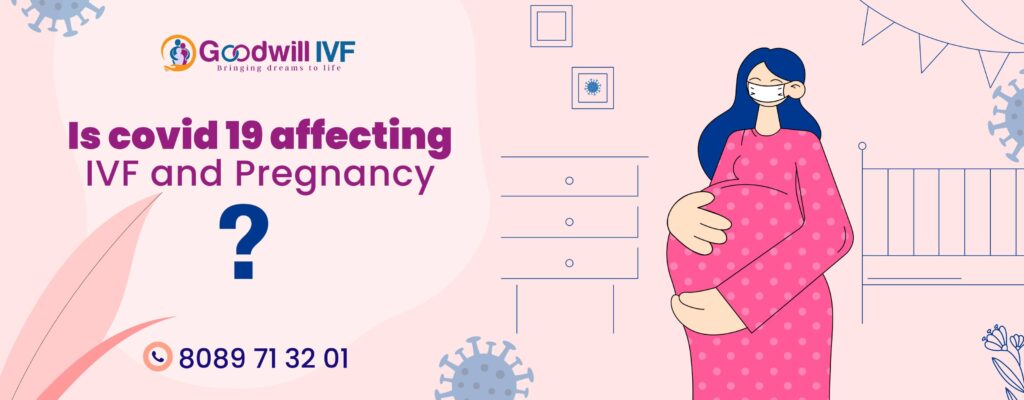PCOS is a hormonal disorder that affects a large number of women of reproductive age. PCOS symptoms vary, but most women with the condition have excessive hair growth, irregular periods, and difficulty getting pregnant. PCOS is a common cause of infertility. In fact, studies suggest that as many as 70% of women with PCOS will have difficulty conceiving. Despite these statistics, there is still a lot of confusion surrounding the relationship between PCOS and infertility.
What is Polycystic Ovarian Disorder?
Polycystic ovarian disorder (PCOD) is a hormonal imbalance that can cause fertility problems. PCOD occurs when the ovaries produce too much of the hormone testosterone. This can interfere with the development of eggs and may prevent ovulation from occurring. PCOD can also cause changes in the lining of the uterus, which can make it difficult for a fertilised egg to implant. As a result, women with PCOD have a higher risk of infertility.
There is no single cause of PCOD, but it is thought to be due to a combination of genetic and environmental factors. Women with PCOD are more likely to be overweight or obese and to have insulin resistance. Insulin resistance means that the body does not respond properly to insulin, and this can lead to high levels of sugar in the blood. PCOD is also more common in women who have a family history of the condition.
Treatment for PCOD depends on the symptoms and on whether or not the woman wants to become pregnant. If fertility is desired, treatment may involve medication to induce ovulation, or surgery to remove the ovaries (ovarian ablation). Weight loss can also help improve fertility in women with PCOD. For women who do not want to become pregnant, treatment may involve birth control pills or other medications to manage symptoms such as excess hair growth or acne.
Symptoms of Polycystic Ovarian Disorder
There are many symptoms associated with polycystic ovarian disorder (PCOD), and these can vary from woman to woman. The most common symptoms include:
- Irregular or missed periods
- Weight gain
- Difficulty losing weight
- Unwanted hair growth on the face, chest, back, or stomach
- Oily skin or acne
- Thinning hair on the head
- Infertility
If you are experiencing any of these symptoms, it is important to speak to your doctor as soon as possible so that they can investigate further and provide you with the appropriate treatment.
Can Polycystic Ovarian Disorder cause infertility?
Women with PCOS may have irregular or no menstrual periods and can have difficulty getting pregnant. PCOS is also associated with other health conditions, such as obesity, insulin resistance, and type 2 diabetes.
While PCOS itself does not cause infertility, it can make it more difficult for a woman to become pregnant. PCOS is the most common cause of ovulatory dysfunction, which means that the ovaries do not release eggs regularly. This can make it difficult to conceive.
There are treatments available that can help women with PCOS conceive. These include medication to induce ovulation, surgery to remove ovarian cysts, and in vitro fertilization (IVF). With treatment, many women with PCOS can achieve pregnancy.
How is Polycystic Ovarian Disorder treated?
There is no one-size-fits-all answer to this question, as the best way to treat Polycystic Ovarian Disorder (PCOD) may vary depending on the individual woman’s symptoms, age, and health history. However, some common treatments for PCOD include birth control pills, anti-androgens (such as spironolactone), and insulin-sensitizing medications (such as metformin). In some cases, surgery may also be an option.
If you think you may have PCOD, it is important to talk to your doctor about your symptoms and treatment options.
Conclusion
There is still much unknown about the relationship between polycystic ovarian disorder and infertility. However, what we do know is that there is a connection between the two. If you are struggling with infertility, it may be worth looking into whether or not you have PCOS. While there is no guarantee that treating PCOS will improve fertility, it is worth a shot. Early detection can lead to better treatments. There are numerous IUI centers in Kerala that can help with infertility solutions. Goodwill IVF, one of the best IVF centers in Kerala, stands out for the multispecialty facilities and expert doctors who can provide you with better results. Call us today to learn more about infertility treatments.


